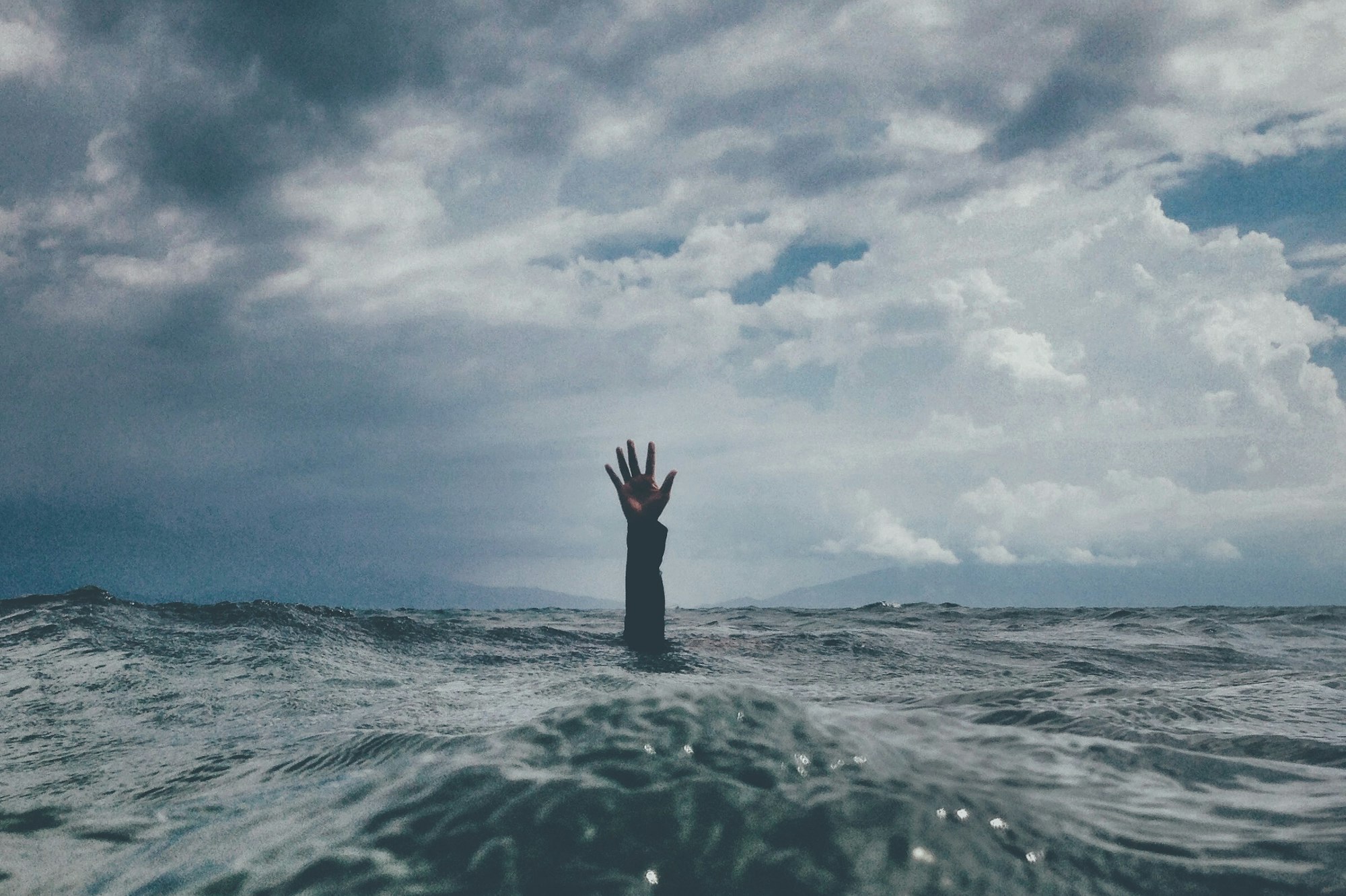Is Reading Fiction a Waste of Time?
Want to develop empathy? Read more fiction.

"What is the most important trait you look for in a friend?" Shane Parrish asked financial writer Morgan Housel.
Housel responded, for both friends and romantic partners, it's the ability to understand that everyone has bad days (i.e. empathy).
When faced with the follow-up question of how to develop empathy, he proposed much of it has to do with how you were raised. Did you grow up around a diverse set of perspectives? Did your parents instill empathy in you from a young age? Although our answers to these questions are out of our control, there is still hope for anyone who wants to develop empathy regardless of how they were raised. How? Reading fiction.
In many ways, reading can give you a deeper understanding of someone else's struggles more than meeting them face-to-face ever could. Allowing another's inner monologue to override your own, however momentarily, can't help but change the way you operate in the world. There's nothing more moving than being allowed to witness the pain of someone else and feeling a sliver of what they feel in the process. Becoming absorbed in someone else's story, even one that's made up, gives us the privilege of peeling back the curtain that most of us hide our scars behind.
At its core, empathy is understanding that other people don't have the same experiences, don't come from the same backgrounds, and don't have the same struggles as us. One of the ways Housel suggested he might instill empathy in his young son was by planning trips to many different countries. Traveling and seeing other cultures first-hand is one impactful way to expose yourself and your children to different perspectives, but I don't think it's the only (or even the most effective) method.
As a kid, I was surprisingly empathetic. I say surprisingly because looking back, I remember being understanding of other peoples' situations with a maturity beyond my years. I know this wasn't an inborn trait because as I got older, I became less empathetic, less understanding, and less open-minded. It seems to me I matured in reverse. Maybe I could attribute the empathy of my younger years to a childlike naivete, but after some reflection along with a recent reencounter with fiction, I've come to a different conclusion.
The biggest leisure activity I lost from childhood was reading fiction. As classes got harder and homework became more demanding, late-night reading binges of my favorite novels were replaced by midnight study sessions. At the time, I thought I was just losing my favorite pastime. Now, I see I was losing something far more important: the main source of different perspectives in my life.
I realized this while reading the book A Little Life over the summer. It was the first fiction book I had read in a couple of years. The author didn't shy away from suffering, prevision, or the ugliest, most pitiful parts of the human condition. At first, my productivity-centric mindset kicked in thinking, Why would anyone read fiction that's so depressing? It's a waste of time. However, I've realized how much I desperately need to be reminded that other people have more complex, messy, and painful lives than mine--a reminder that comes from reading other peoples' stories.
My argument here doesn't strictly apply to fiction. Memoirs, autobiographies, or really any type of art that lets you step into the shoes and souls of another can have the same effect. Catching a glimpse into the psyche of somebody else helps you feel their pain which can break your heart in a good way. It can make you want to give people a greater benefit of the doubt because even though you don't know what they're going through, you can safely assume they're struggling with something you can't see.
"But in the end, stories are about one person saying to another: This is the way it feels to me. Can you understand what I'm saying? Does it also feel this way to you?"
- Kazuo Ishiguro
